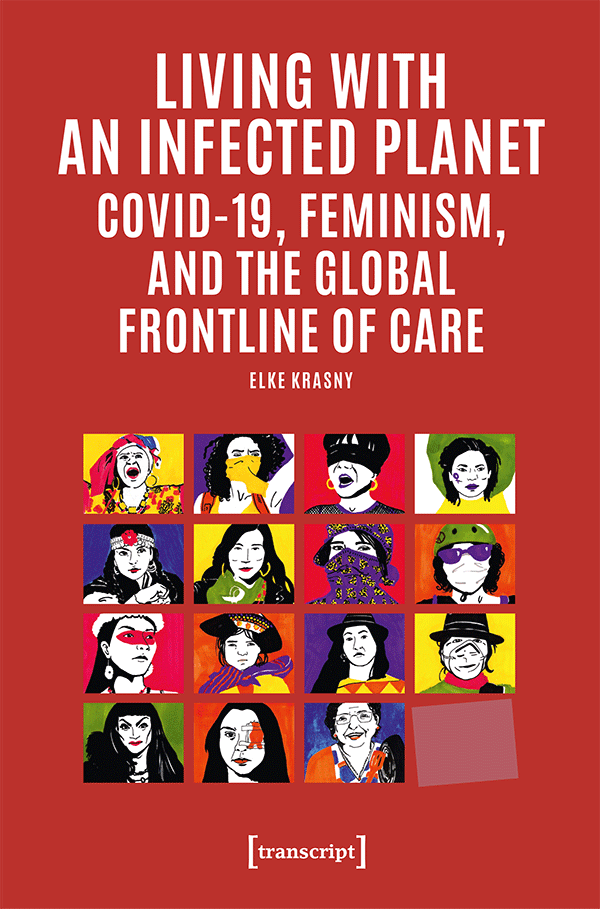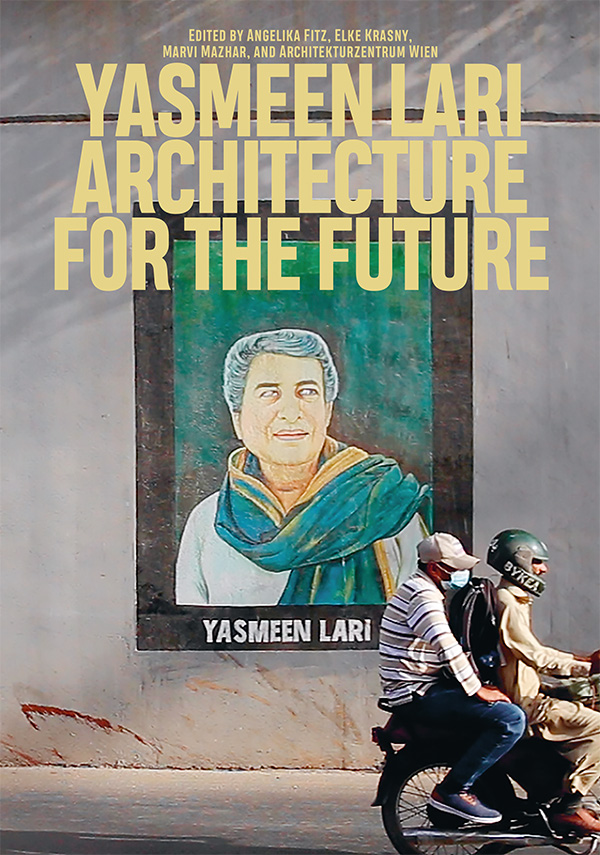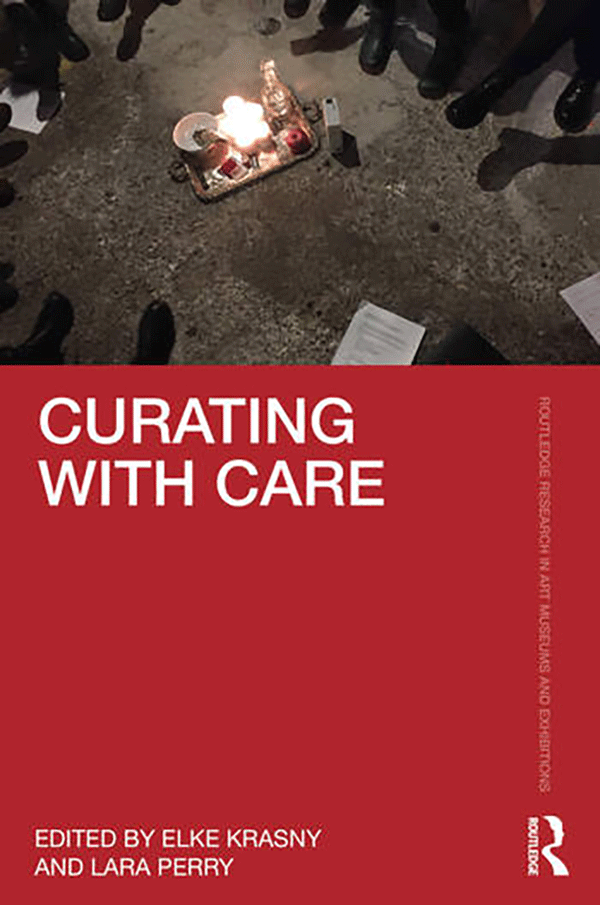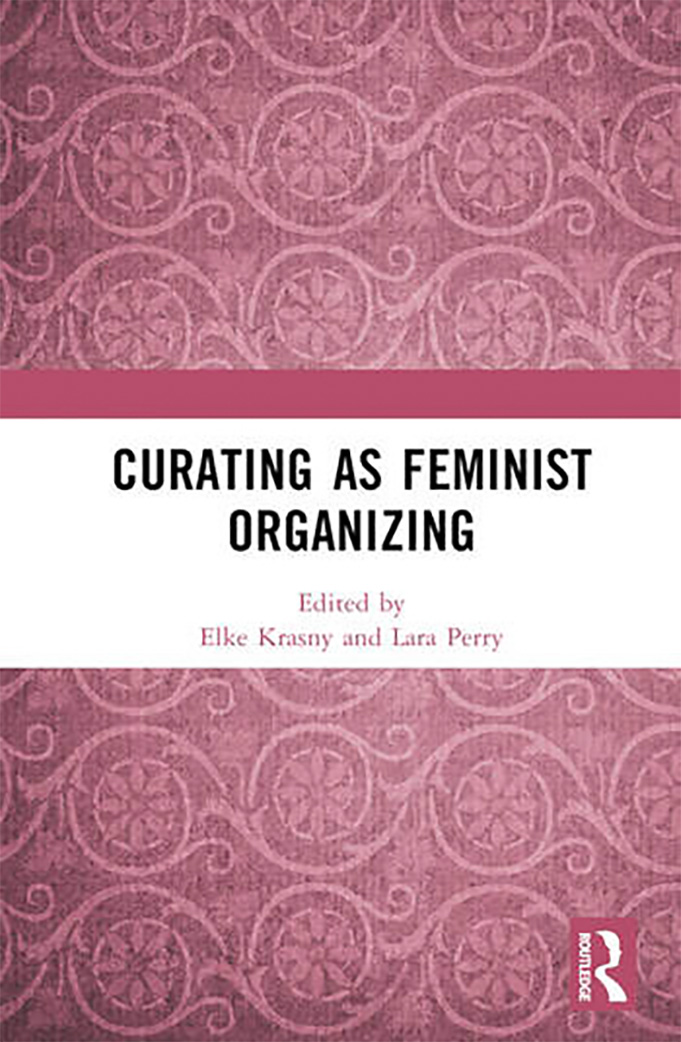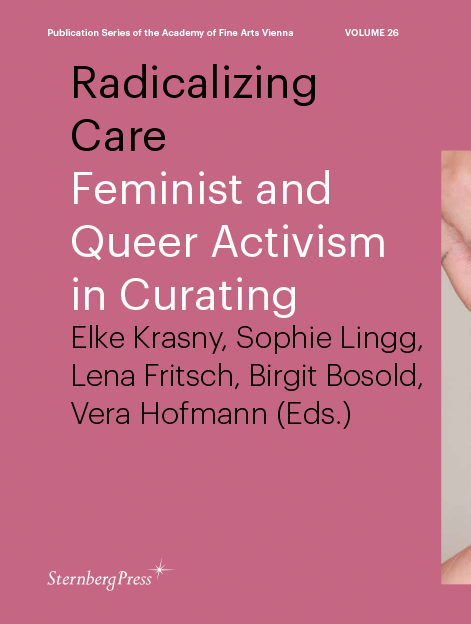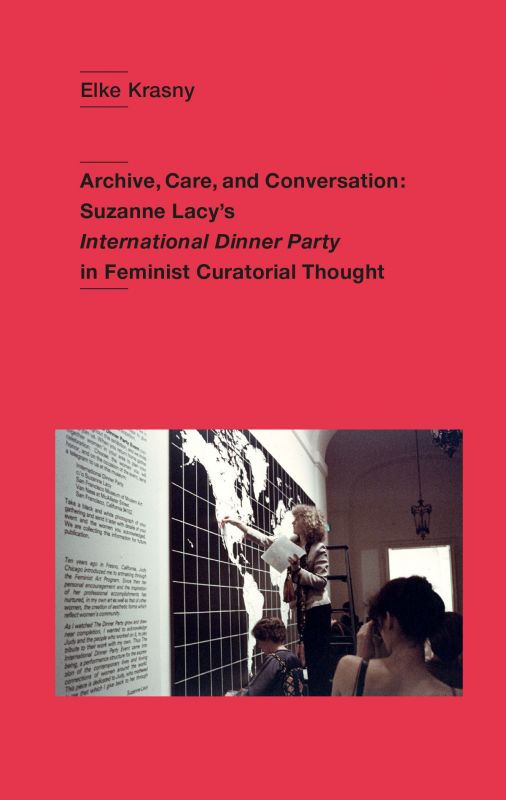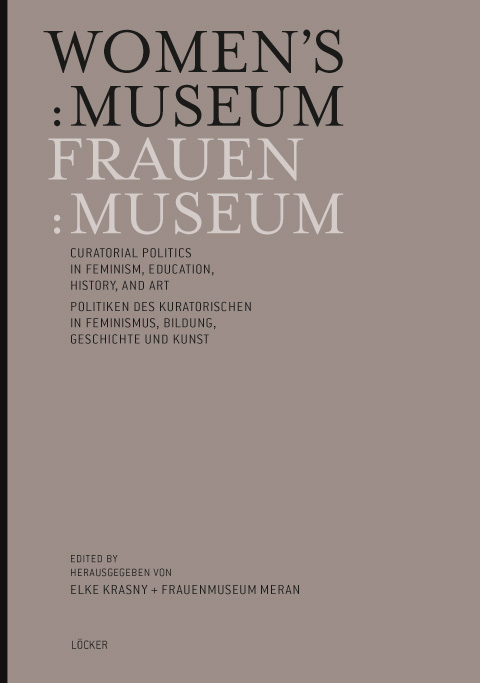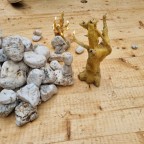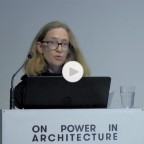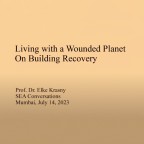Living with an Infected Planet. Covid-19, Feminism, and the Global Frontline of Care
Writing this book began in mid-March just after the WHO had officially declared Covid-19 a and it was published on May 5, the very day World Health official end of pandemic. Yet, pandemics do not end. Pandemic effects are lasting, and they continue to change bodies and minds. They are inside bodies, minds, and imaginaries. Pandemic effects have largely impacted on care and produced new forms of care exhaustion and care violence. Pandemic thinking and pandemic memory work are crucial to understanding what it means to be living with a planet that has been infected and wounded by capitalist-colonial-imperial-patriarchal violence. Feminist pandemic thinking builds imaginaries and insists on policies for recovery.
Order or download (open access) here: https://www.transcript-verlag.de/978-3-8376-5915-3/living-with-an-infected-planet/?c=313000000
»We must declare war on the virus,« stated UN chief António Guterres on March 13, 2020, just two days after the WHO had characterized the outbreak of the novel Covid-19 virus as a pandemic. Elke Krasny introduces feminist worry in order then to develop a feminist cultural theory on pandemic frontline ontologies, which give rise to militarized care essentialism and forced heroism. Feminist hope is gained through the attentive reading of feminist recovery plans and their novel care feminism, with the latter’s insistence that recovery from patriarchy is possible.
»Wide-ranging and cross-disciplinary, this book is an important critical reflection on the militaristic language that frames public imaginaries of care in times of global health emergency.«
— Athena Athanasiou, professor of Social Anthropology, Panteion University of Social and Political Sciences, Greece, and author of ›Agonistic Mourning: Political Dissidence and the Women in Black‹
»Living with an Infected Planet provides an astute analysis of the politics of the Covid-19 pandemic and the language through which it was framed. Elke Krasny reminds us that it matters what metaphors we invest in to give meaning to our worlds.«
— Emma Dowling, author of ›The Care Crisis ‒ What Caused It and How Can We End It?‹
»Balancing feminist worry and hope, Elke Krasny’s rich book leaves the reader with a call for action as much as self-reflection on the Covid-19 pandemic as a crisis of care.«
— Henriette Steiner, associate professor, Copenhagen University, Denmark, and co-author of ›Touch in the Time of Corona Reflections on Love, Care, and Vulnerability in the Pandemic‹
»I was deeply moved by this thoughtful book’s trajectory from ›feminist worry‹ about the ubiquitous war metaphors to describe the pandemic to ›feminist hope‹ for a genuinely transformative recovery imagined as a new care feminism.«
— Joan Tronto, professor emerita of Political Science, University of Minnesota, USA
–––
